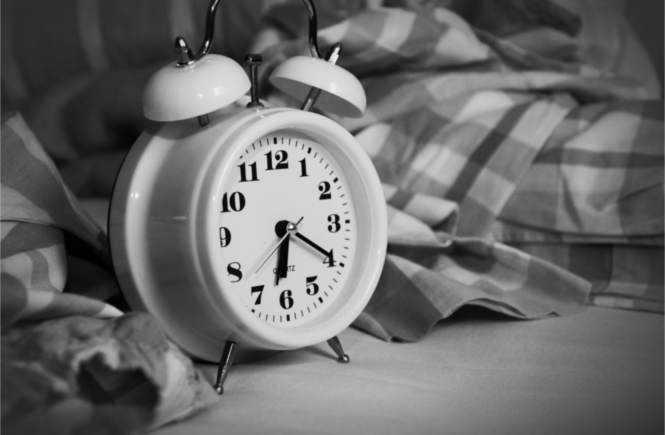Sleep is the most important thing that everyone needs to have and an eight hour sleep is a bliss for most people. Well, there are people who do not get that much of sleep and they become irritable. For some lucky people, sleeping comes as easy as breathing and for the rest of us, we need at least one hour to get comfortable in bed, then finally we fall asleep. One of the most common things that we heard during our childhood is that sleeping is healthy. We didn’t pay attention to any of these and today, we are adults craving to have that eight hours of sleep.
Research shows that healthy sleep should last between seven and nine hours a night in case of adolescents and young adults. According to experts, it is established that a sleeping schedule is one of the best ways to ensure that one gets a healthy amount of sleep. It is important to keep a regular sleep routine, even if it is quite difficult. A healthy sleeping pattern has a positive impact on one’s quality of sleep as it automatically improves everything else.

If you are not sleeping well or long enough at night, then here are some tips to improve the quality of your sleep and to ensure you are properly rested the following day.
1. Regular sleep patterns – It helps your body to establish a healthy sleep routine by going to bed and waking up around the same time each day.
2. Spend the right amount of time in bed – While 8 hours of sleep is recommended for an adult, some people might require more and some require less. It is better that you limit your time in bed to no more than 8.5 hours. So if it takes you a long time to fall asleep, try going to bed later when you are really sleepy.
3. Bed should be off screens – Computers, phones, and TV are the cause of disruption of your sleep. Your mind needs to associate being in bed with sleeping rather than watching TV or using your computer. If you are wide awake, don’t stay in bed.
4. Consistency is key – The success of a sleep routine mainly lies in an individual’s ability to have a consistent sleep and wake schedule. Consistency, in this case, means having the same sleep and wake hours all through the week. By developing and maintaining a consistent sleep time and wake up time routine, you are effectively training your body clock to adapt that schedule. Making it easier to wake up at the designated time every morning even without an alarm clock.
5. Make small changes – A journey of a thousand miles begins with a single step. The same principle applies with changing sleeping schedules. For example, it ‘s hard to change one’s sleeping time from 1 a.m. to 9 p.m. in one move. A more efficient way of making the sleep adjustments is to make small changes on a regular basis.

6. Don’t bring worries to bed with you – before you go to bed, write down anything that is worrying or bothering you and make a promise to yourself that you’ll think about it the first thing in the morning. You have no idea how liberating this is until you try it! Once you write things down, your mind no longer feels compelled to constantly remind you about it. Keeping a journal is an excellent way to “download” and capture all of the day’s worries and problems onto paper so you won’t lie awake all night thinking about them.
7. Stick to a routine – Try to set and keep a sleep routine. Go to bed and get up at the same time every day, even on holidays and weekends. This will help to “program” your body clock to a preset sleep period. Keeping a set routine will make it easier to fall sleep at night and easier to wake up in the morning. Your body will also be able to adjust the length of the sleep cycles so that they are completed within the allotted time.
8. Don’t nap – Unfortunately, sleeping during the day will make it more difficult to nod off at night time. If a nap is really necessary, try and limit the duration to half an hour and make sure you’re up for at least 4 hours before going back to bed.
9. Avoid sleeping pills – Sleeping pills are no answer to your insomnia and it won’t benefit your health in the long term. Sleeping tablets should only be prescribed by a trusted doctor who understands the reasons why you might be struggling to get good quality sleep. It is essential that your doctor keep a close eye on the use of the sleeping tablets while being taken as they are addictive.
10. Eat right – Eating habits also have an impact on the sleeping cycles and sleeping habits. According to a research, eating late increases the chance of experiencing a crash in the blood sugar when sleeping. This has the effect of triggering an increase in the levels of cortisol in the body and ultimately, a reduced production of melatonin. Nevertheless, it is important to note that even going to bed on an empty stomach can also disrupt sleep schedules and habits. What’s more, it is advisable to have a small snack containing carbohydrates and protein. This kind of snack induces a feeling calmness and relaxation in the body hence helping with better sleep.
If you are still have trouble in sleeping, it is better to consult a doctor. Do not go for over-the-counter pills as you don’t know the risk it might contain.



